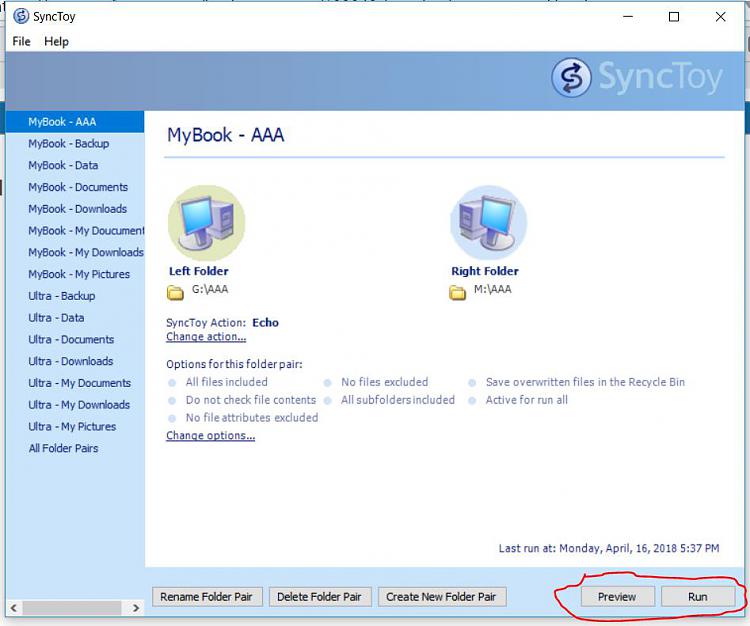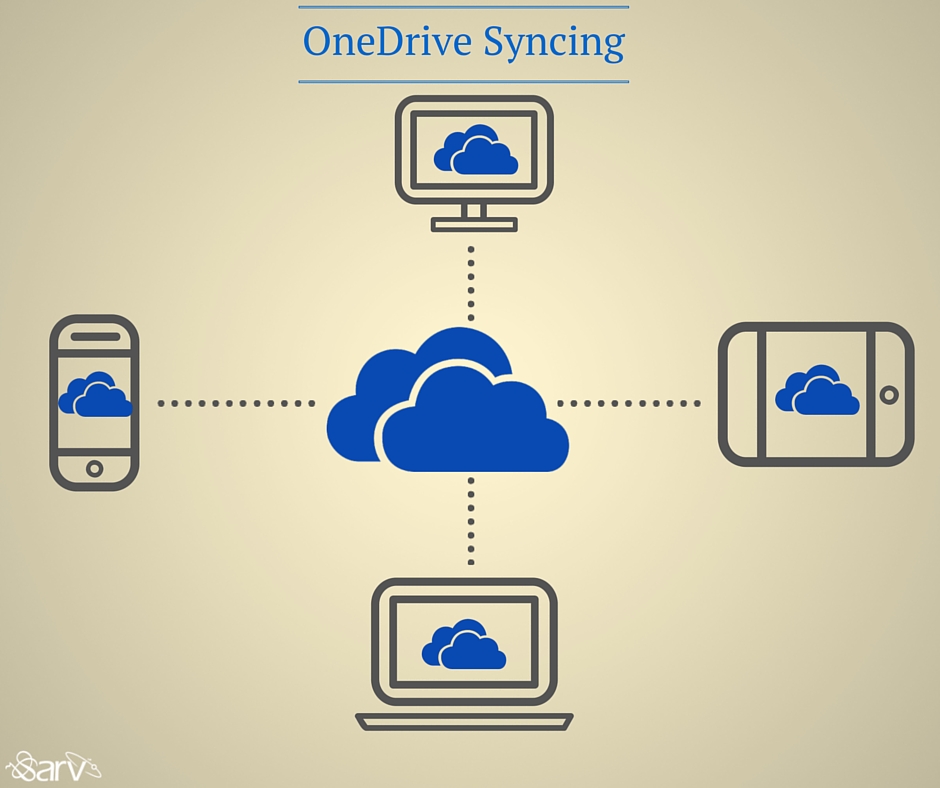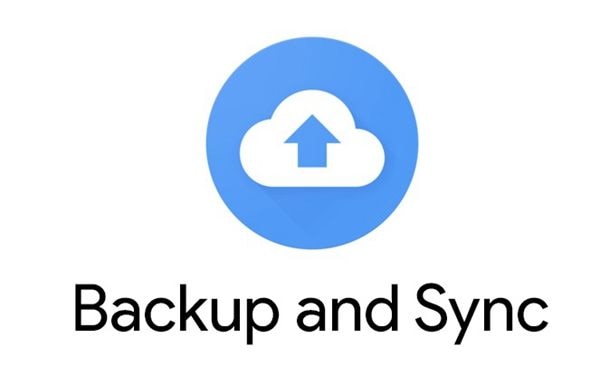

OneDrive has two life-changing features to know about:

But if you regularly deal with DOCX, XLSX, or PPTX formats (for school, work, etc.), then you're better off with OneDrive and Office Online. If you're working alone, then this doesn't matter much - you can pick between Office Online and Google Docs depending on your personal preferences. OneNote notebooks can also be accessed through OneNote Online.
#Drive for desktop vs backup and sync free
Office documents stored on OneDrive can be opened, edited, and shared with Microsoft's free online suite: Word Online, Excel Online, and PowerPoint Online. If you aren't careful, you could easily surpass 1GB or more and eat into your free capacity. This is worth bearing in mind because OneNote notebooks can take up quite a bit of space if you load them up with images, web clips, attachments, etc.
#Drive for desktop vs backup and sync Offline
If you use both OneDrive and OneNote on the same Microsoft Account, then they share the same storage limit - unless you use the paid version of OneNote and save your notebooks offline ("locally stored").

You can expand up to 10GB of total storage this way. Whenever a friend signs in to OneDrive for the first time using your referral code, both of you get an extra 0.5GB added to your storage limit. The free version of OneDrive offers 5GB of storage space that can be expanded by referring friends to the service.


 0 kommentar(er)
0 kommentar(er)
